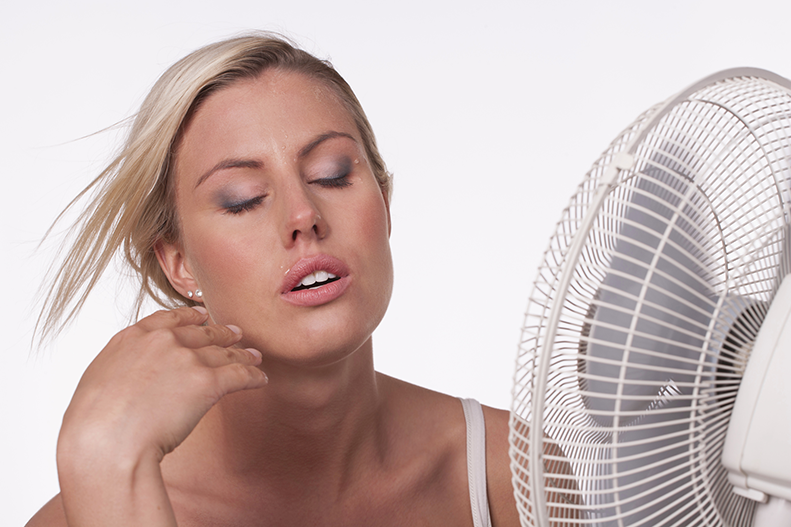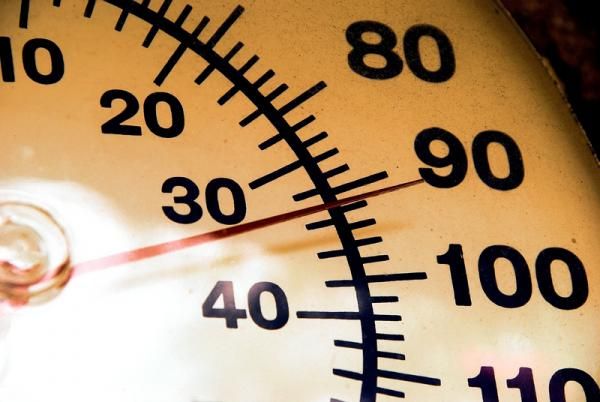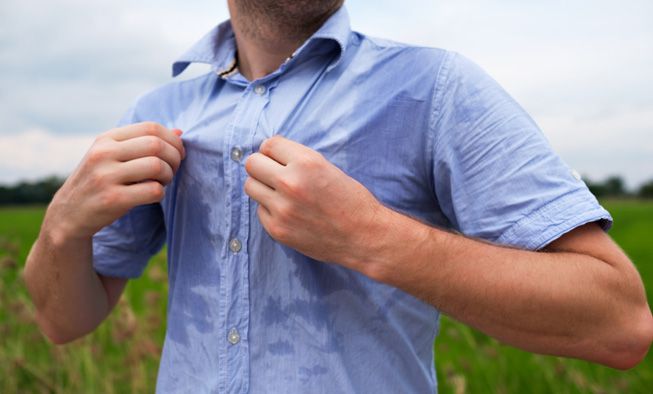Why is humidity so uncomfortable? What is it about humidity that can make the outdoors feel so stifling?
The following written content by Tiffany Means
Water vapor essentially suffocates our skin.

On hot and humid days, your skin might feel sticky and overheated, and the air can feel so heavy that breathing becomes a chore. But what is it about humidity that can make the outdoors feel so stifling?
The answer is that high humidity can make us feel hotter than we do on drier days. That’s because humidity — the amount of water vapor (moisture) air possesses — can make it difficult to shed excess body heat through sweat, according to the National Oceanic and Atmospheric Administration’s (NOAA’s) National Weather Service.
Ordinarily, as sweat beads onto the surface of our skin, heat from our bodies evaporates that sweat into the air, thereby cooling our skin. Humidity, however, prevents sweat from evaporating as readily, because the surrounding air already has a high moisture content and can’t absorb much more. And the less that moisture evaporates from our skin, the more uncomfortably warm we feel.

High temperatures enhance humidity’s ability to thwart temperature regulation, because warm air can hold more moisture than cool air can. According to the NOAA National Centers for Environmental Information, a 1-degree Fahrenheit (0.55-degree Celsius) rise in temperature equals as much as a 4% increase in atmospheric water vapor. This explains why humidity feels more uncomfortable in summer than in winter, even if the humidity levels happen to be identical.
Not only is hot and humid air stuffy and sticky on the skin, it’s also a chore to breathe. But its “heaviness” isn’t due to its high water vapor content, according to The Washington Post’s Capital Weather Gang. The water vapor molecules that displace some of dry air’s nitrogen and oxygen are actually less dense, meaning that moist air is actually lighter than dry air; however, because water vapor ousts small amounts of these gases, there’s less oxygen in humid air to breathe in. What’s more, our bodies are already taxed by being overheated, so it feels like it takes more work than normal to simply breathe.
While there’s no set humidity threshold above which general comfort level begins to deteriorate, NOAA typically considers relative humidity (RH) levels of 50% or more, and dewpoints (a more direct measure of humidity) above 65 F (18 C) to be uncomfortably high. Read more from Live Science.






